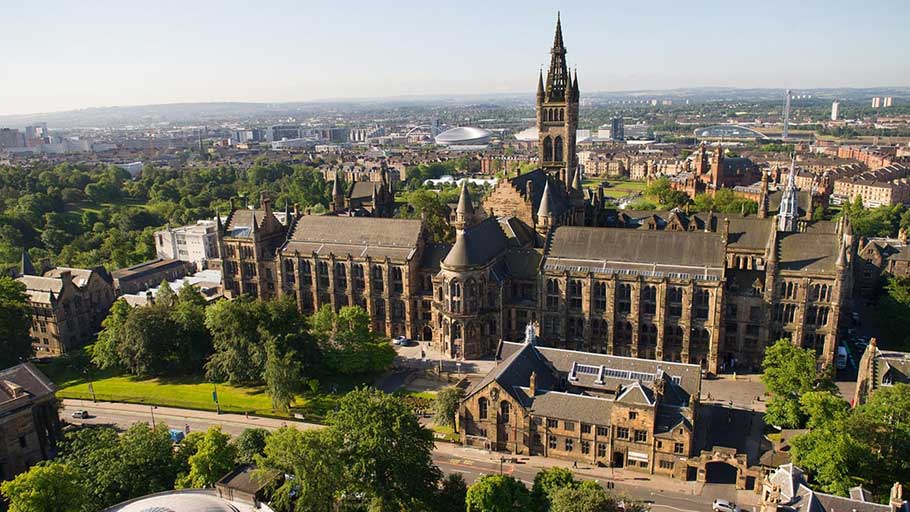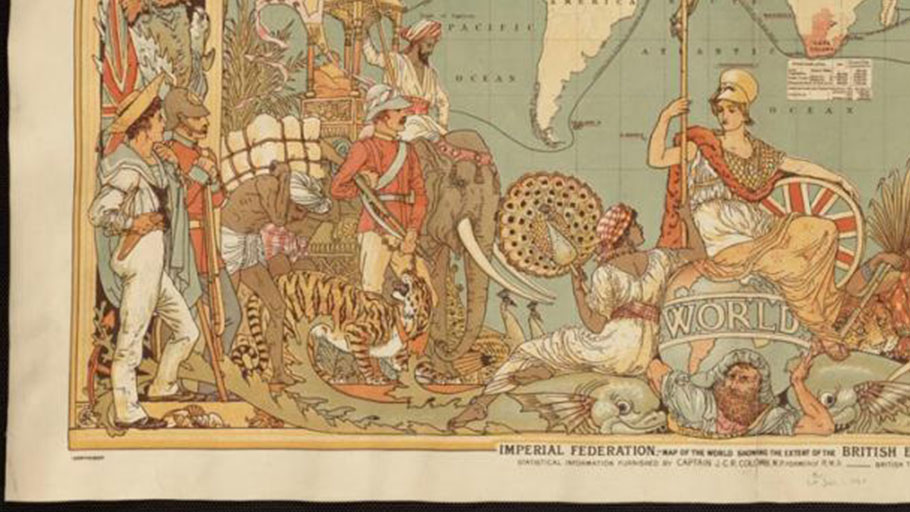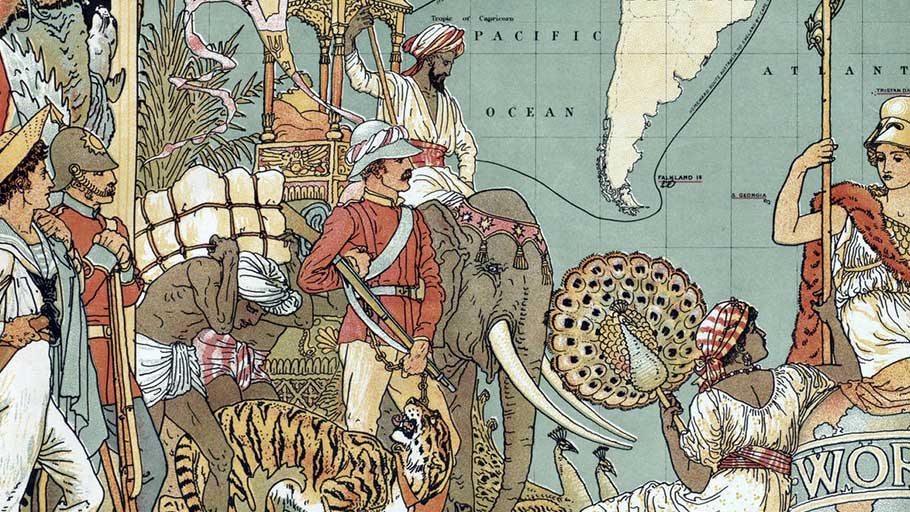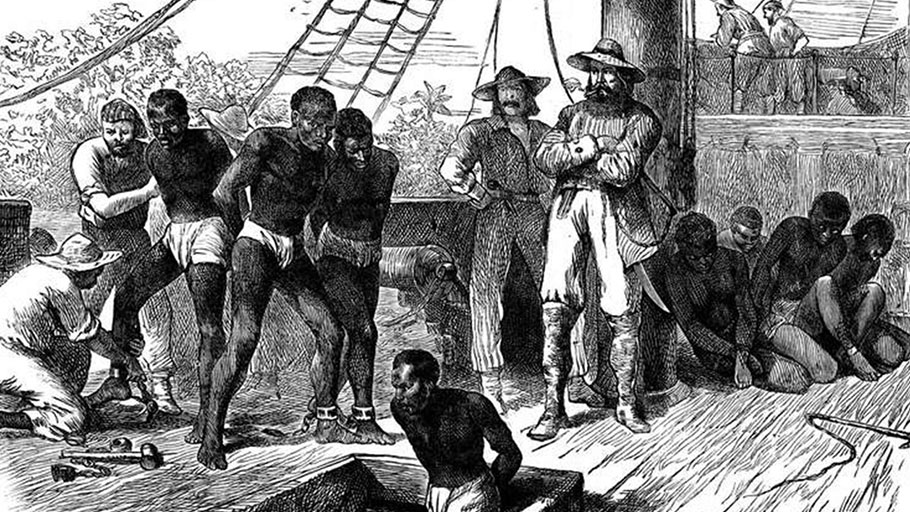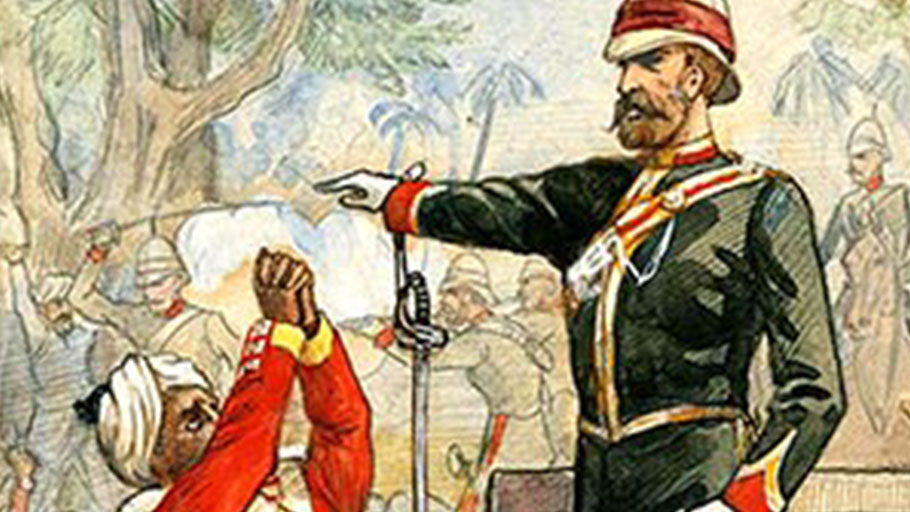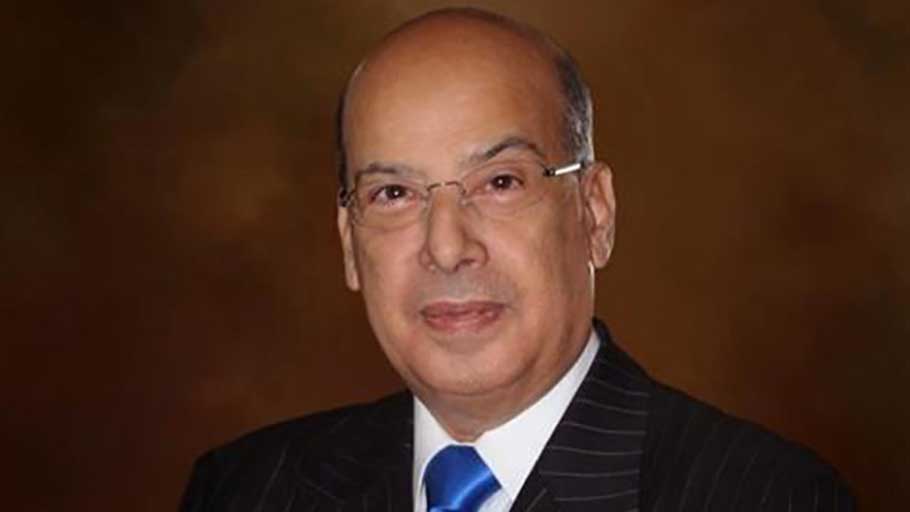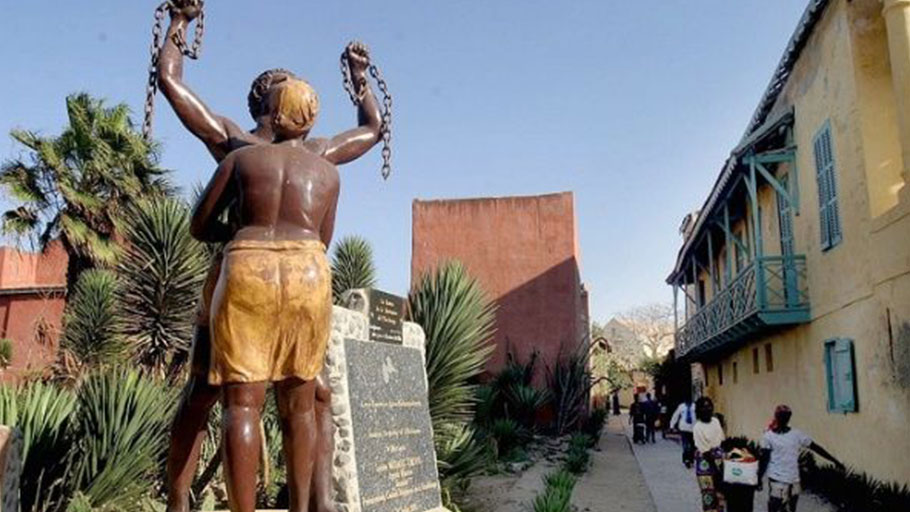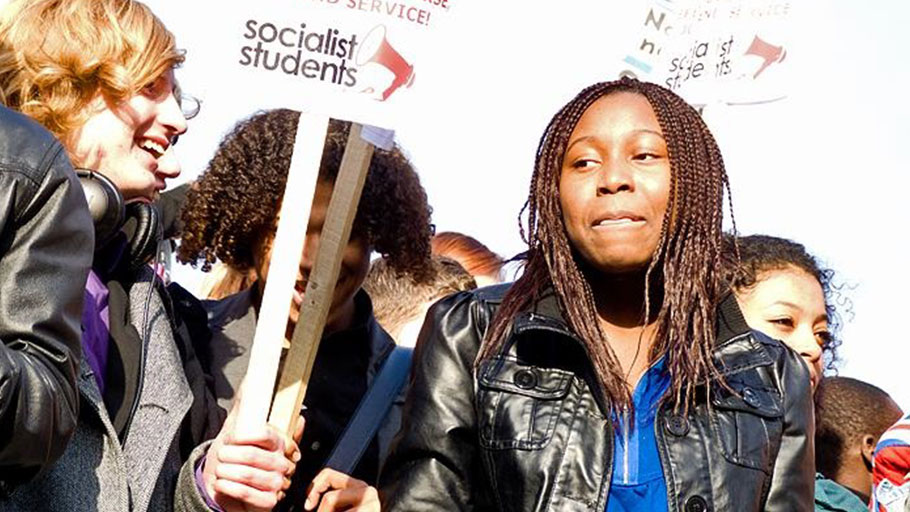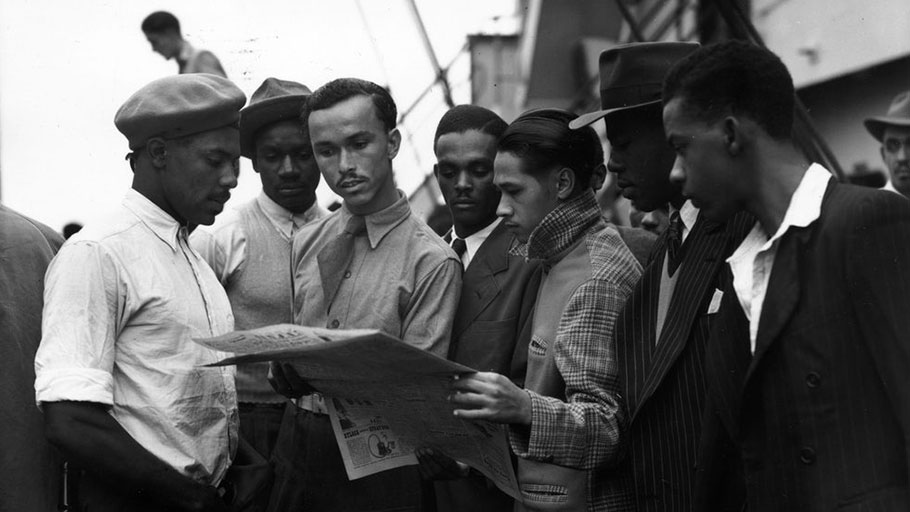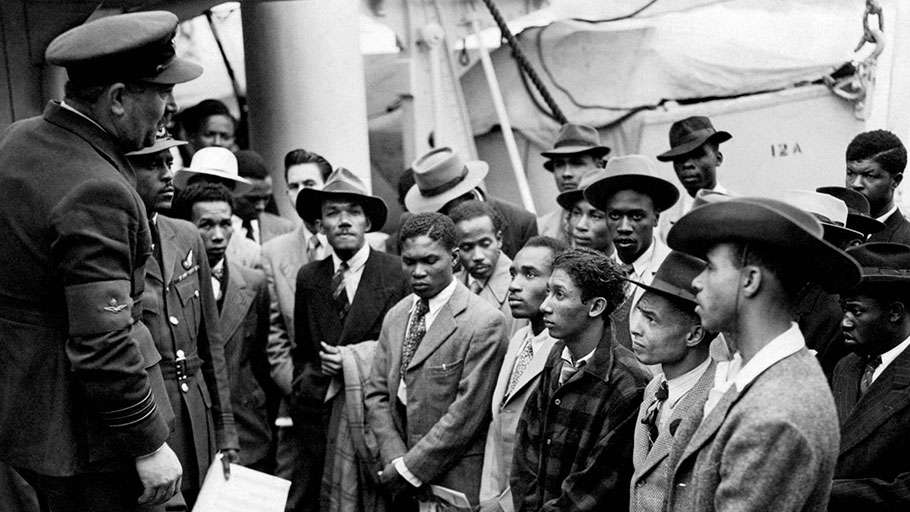
How Staying Power shook British history. When it was published in 1984 Staying Power vividly captured the struggle for black British identity. Nearly 35 years on it still has lessons to teach. By Gary Younge, The Guardian — “The very serious function of racism is distraction,” Toni Morrison argued in a lecture in Portland, Oregon, in 1975: It keeps you from doing your work. It keeps you explaining, over and…

